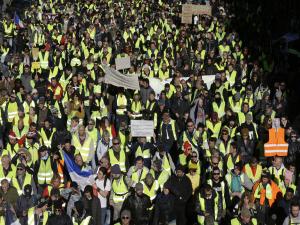
By Angela Charlton and John Leicester, Associated Press
Crowds of yellow-vested protesters have tried to march on the French presidential palace, surrounded by huge numbers of police bracing for outbreaks of violence after the worst rioting in Paris in decades.
Rows of riot police blocked the demonstrators' passage down the Champs-Elysees avenue toward the heart of presidential power, firing tear gas and pushing them back with shields.
A ring of steel surrounded the Elysee Palace itself as police stationed trucks and reinforced steel barriers in streets throughout the neighbourhood.
Prized Paris monuments and normally bustling shopping meccas locked down and tens of thousands of police took position around France to face protesters angry at President Emmanuel Macron and France's high taxes.
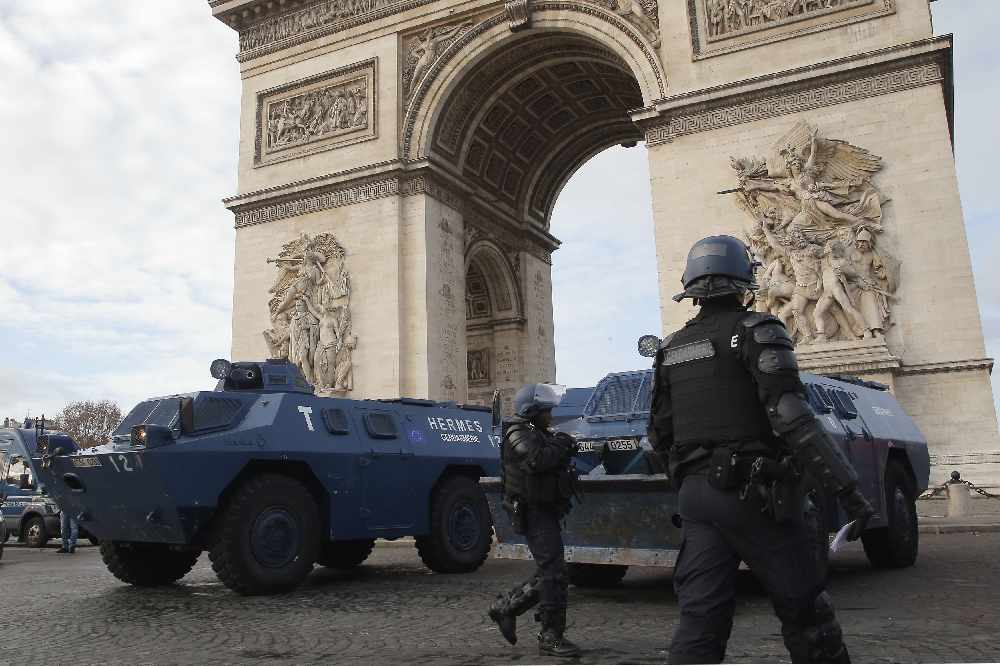
Mr Macron's government warned that Saturday's "yellow vest" protests in Paris will be hijacked by "radicalised and rebellious" crowds and become the most dangerous yet after three weeks of demonstrations.
The Eiffel Tower and Louvre Museum were among the sites that remained closed, fearing damage after rioting and looting last Saturday that saw 130 people injured.
Demonstrators waving French flags and wearing the movement's signature high-visibility vests gathered before dawn on Saturday near the Arc de Triomphe, which was damaged in last week's rioting. Others lined up for police searches and bag checks throughout central Paris.
By mid-morning, 343 people had been detained in Paris, according to a Paris police spokeswoman.
Authorities deployed barricade-busting armoured vehicles and 8,000 police in the capital alone. Nationwide, 89,000 security forces fanned out to deter or confront troublemakers expected at multiple protests.
The grassroots movement began as resistance against a rise in taxes for diesel and petrol, but quickly expanded to encompass frustration at stagnant incomes and the growing cost of living.
Mr Macron agreed to abandon the fuel tax hike, but that has not defused the anger, embodied by the fluorescent safety vests French motorists are required to keep in their cars.
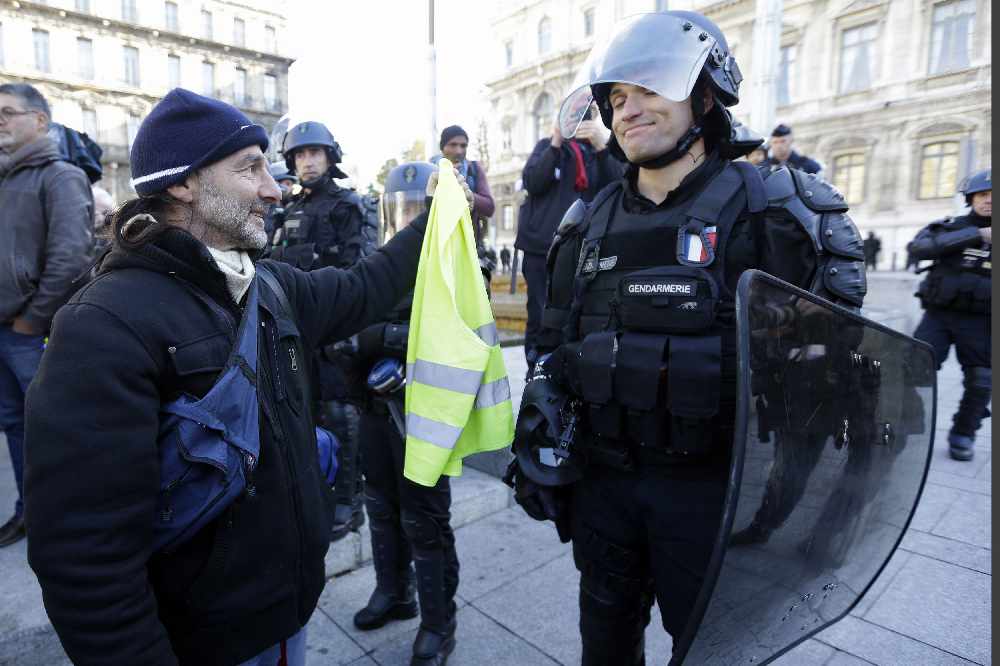
Many members of the protest movement are calling for calm, and some struck a conciliatory tone after meeting the prime minister on Friday night in a last-minute bid to cool tempers, but that did not deter many people from trying to march on the presidential palace on Saturday.
Interior minister Christophe Castaner urged calm: "I ask the yellow vests that want to bring about a peaceful message to not go with the violent people. We know that the violent people are only strong because they hide themselves within the yellow vests, which hampers the security forces."
Mr Macron himself has been largely invisible in recent days, leaving his prime minister and government to try to negotiate with protesters. On Friday night he met riot police being deployed in Paris on Saturday.
Four people have been killed in accidents since the unrest began on November 17. Christmas markets, national football matches and countless other events have been cancelled or disrupted by the protests.
Parts of Paris looked like they were bracing for a hurricane, with boards on windows covering up the Christmas decorations. Police removed any materials from the streets that could be used as weapons, especially at construction sites in high-risk areas.
Protesters also blocked roads, roundabouts and tollbooths elsewhere in France. Offshoot movements have emerged elsewhere, and yellow-vest protests are planned on Saturday in Belgium and the Netherlands.
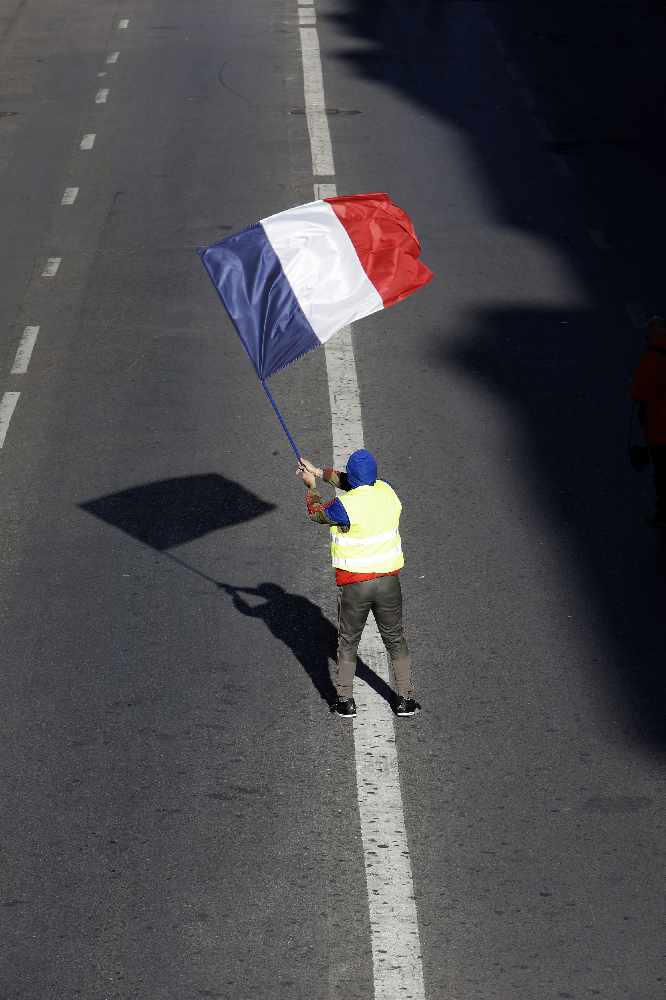


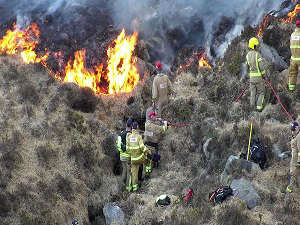 Public urged to be vigilant to the risk of wildfires in rural areas
Public urged to be vigilant to the risk of wildfires in rural areas
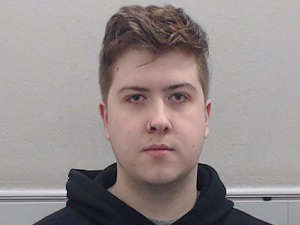 ‘Predator’ who groomed and abused at least 14 girls receives five-year sentence
‘Predator’ who groomed and abused at least 14 girls receives five-year sentence
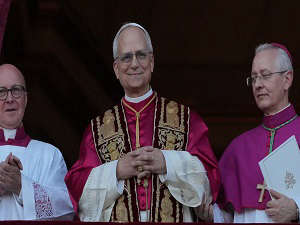 Higgins leads congratulations for new Pope Leo XIV in Ireland
Higgins leads congratulations for new Pope Leo XIV in Ireland
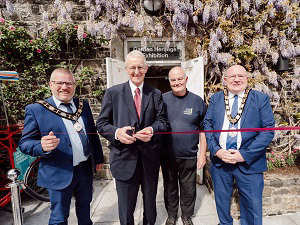 VE Day marked with events across Northern Ireland
VE Day marked with events across Northern Ireland
 Man arrested over attempted murder of taxi driver in west Befast
Man arrested over attempted murder of taxi driver in west Befast